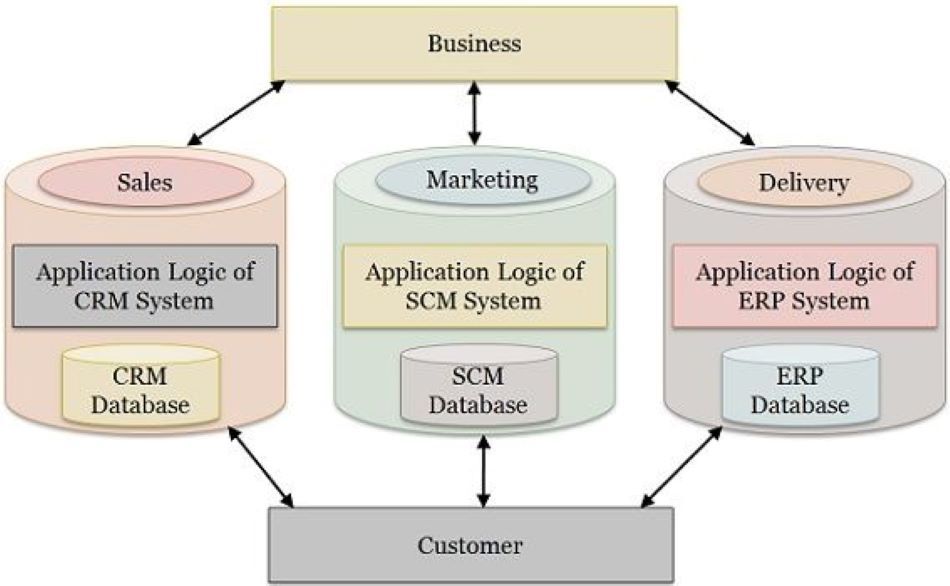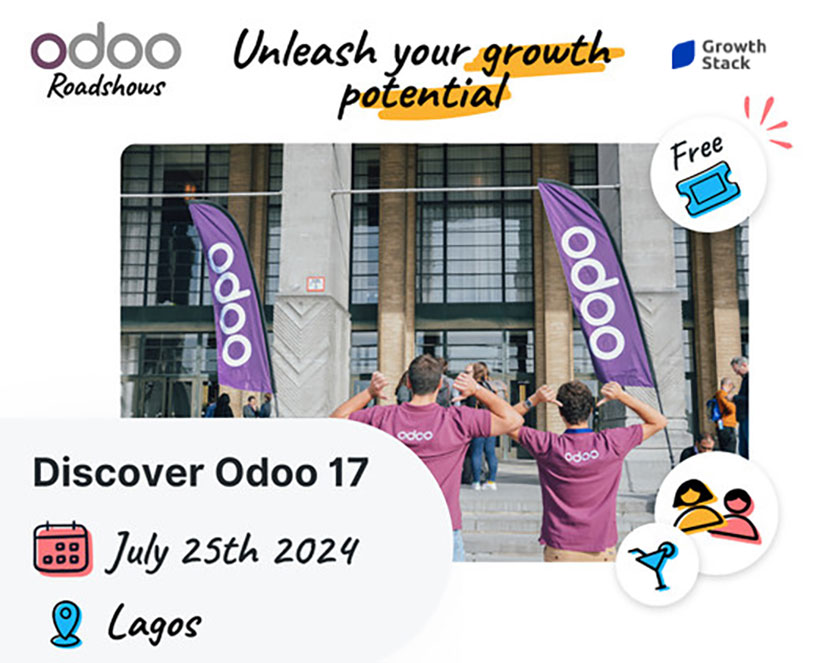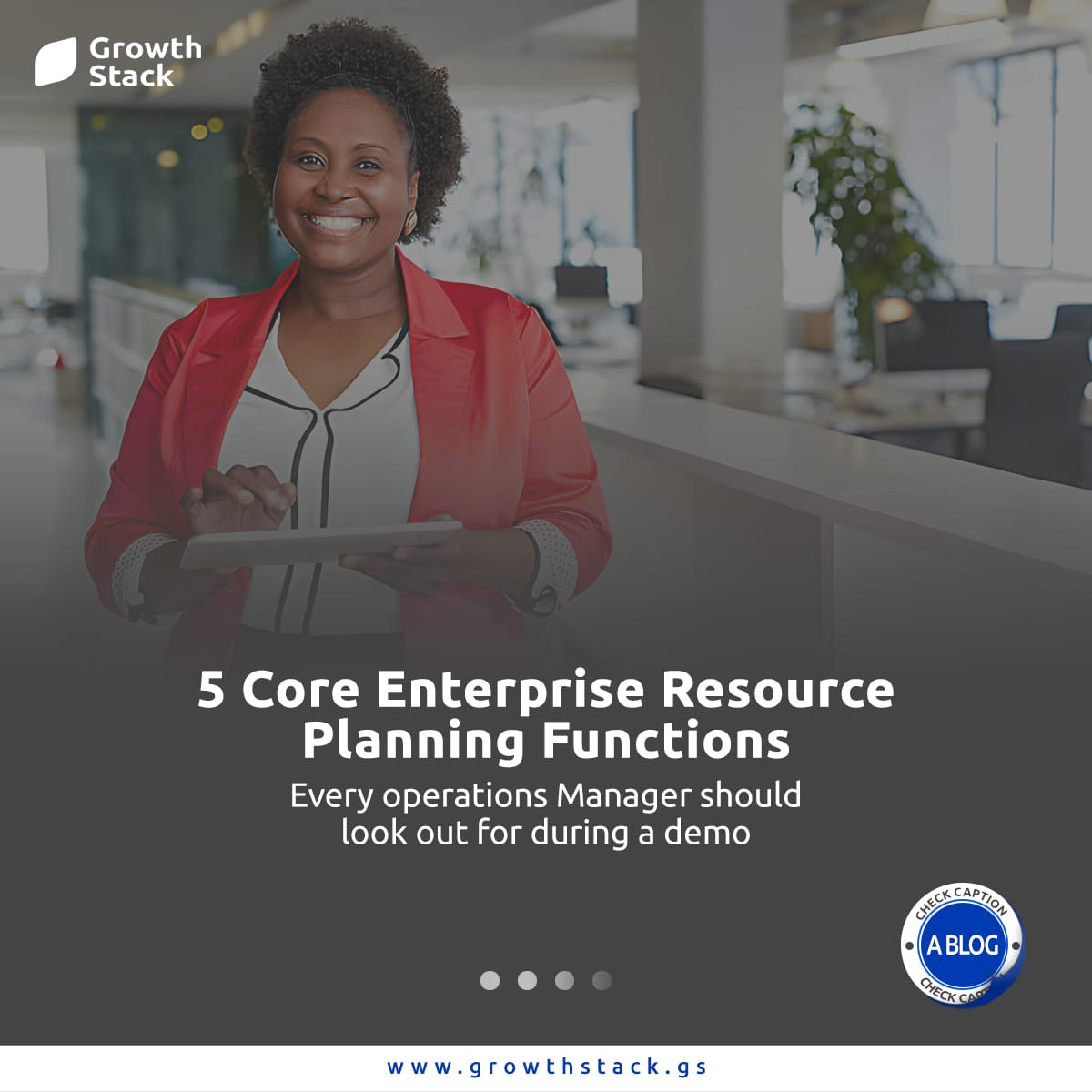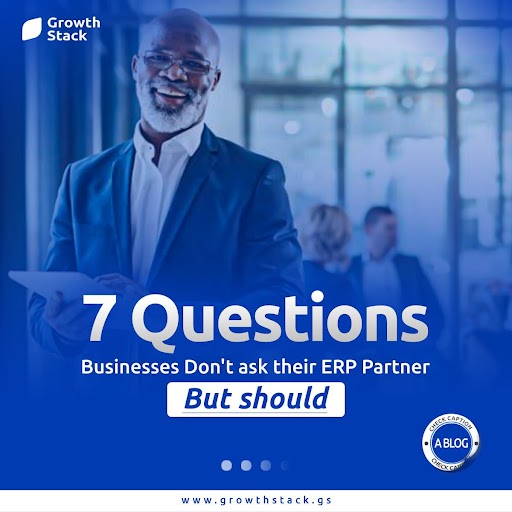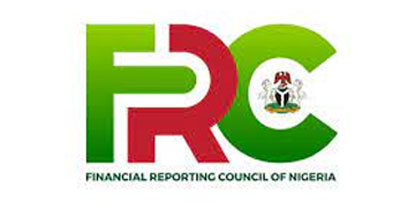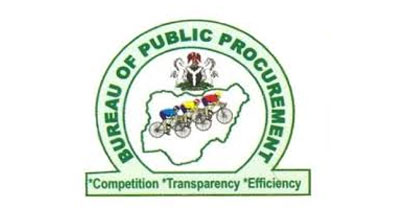-
Enterprise Resource Planning (ERP)
Firstly, An enterprise resource planning (ERP) system is a complete corporate software solution that automates and streamlines internal company activities. A customer relationship management system (CRM) aids businesses in bettering their interactions with current and potential consumers. The goal of an SCM is to improve communication and collaboration between organizations, vendors, and other supply chain players.
Let’s examine the essential features and functionality of ERP, CRM, and SCM so you can make more educated selections before scouring the market for a trustworthy provider and making a substantial commitment (and purchase!) for your company.
ERP stands for Enterprise Resource Planning, and it is a comprehensive software solution for enterprises.
Furthermore, ERP is a complete corporate software system that includes modules for finance and accounting, human resources, inventory management, project management, customer service, sales and marketing, manufacturing, project management, and more. Most firms begin by implementing a few essential (basic) ERP modules, and then add additional modules as needed.
An ERP has the following features:
- It centralizes all of a company’s functions and processes.
- On a single platform, eliminates duplicate entries and keeps the most recent, most up-to-date data.
- Increases employee and business productivity and scalability; scales with your company.
- Streamlines communication across departments, teams, and enterprises, and provides tools for collaboration and external connections.
- Reduces manual operations, allowing you to save time, money, and resources.
Benefits of ERP.
- Gain company insights, planning, and forecasting with the ERP
- Processes and workflows that are more efficient
- Improves scalability and productivity
- Improves the ability to work together
- Reduces the possibility of human mistake
Who is it intended for?
Practically every organization, regardless of size or scope, may benefit from an ERP system. Accordingly, to suit their specific demands, niche enterprises might employ specialist modules or seek customization.
-
Customer Relationship Management System (CRM).
A customer relationship management system (CRM) aids organizations in better managing and serving their consumers.
To expand on, CRM enables firms to manage all aspects of their client connections, both current and prospective. A customer relationship management system (CRM) automates customer and prospect contact, gives context and information to sales and support teams, and creates reports and insights based on customer behavior, purchasing patterns, market trends, and other factors. Most significantly, it centralizes and maintains client data at every step in real time, giving you a complete picture of your customer base.
CRM’s specific functions
- Manages interactions between the firm and its customers.
- Creates buyer personas.
- Customer information is gathered from prior encounters, social media, and other digital sources.
- For a smooth user experience, integrates with other technologies like SCM and ERP.
- Produces in-the-moment insights and reports
Advantages of CRM
- Ability to enhance sales and lead conversions.
- Customer satisfaction is improved.
- Customers are divided into priority groups.
- In charge of loyalty programs.
- Customer service is provided.
Who is it intended for?
Both B2B and B2C companies may benefit from CRM. CRM is also employed by companies that deal with customer service.
-
Supply Chain Management (SCM).
After sourcing through delivery, an SCM aids in the flow of products and services. SCM aids firms in managing the flow of products and services until they reach their final destination. In other words, SCM is a continuous companion from the time raw materials are sourced to the time completed items are delivered to the consumer at their preferred location. To clarify, SCM serves as a one-stop shop for all supply chain stakeholders, from raw materials suppliers to components suppliers and delivery agents.
Main Characteristics.
- Product lifecycle visibility has improved.
- Trend analysis and forecasting
- Automation of processes and effective distribution
- Deliveries and returns that are quick and easy
Who is it intended for?
Manufacturers, retailers, commerce vendors, as well as other supply chain players will benefit from SCM.
In conclusion, while each of the three software solutions serves a distinct role, ERP stands out as a full business solution, with many current ERP systems including SCM and CRM modules and features. It enables businesses to automate and simplify their operational procedures, and it allows them to start small and expand up later. ERP decreases total spend and enhances productivity and efficiency over time, despite the fact that its implementation can be difficult and costly.
Although, SCM and CRM each have their own specialization and cannot be compared to ERP accurately. All three may, however, be combined with them other or with other software solutions, depending on a company’s specific needs and objectives.
Find out more right now.
Please contact us right away to learn more about how we can help. The Odoo ERP system may assist you in achieving increased process transparency, which is required for long-term remote working to be successful. We are an international team of ERP business improvement system specialists who create and market ERP solutions for a variety of industries. We can assist you in creating the ideal ERP solution to support your remote working endeavors.

